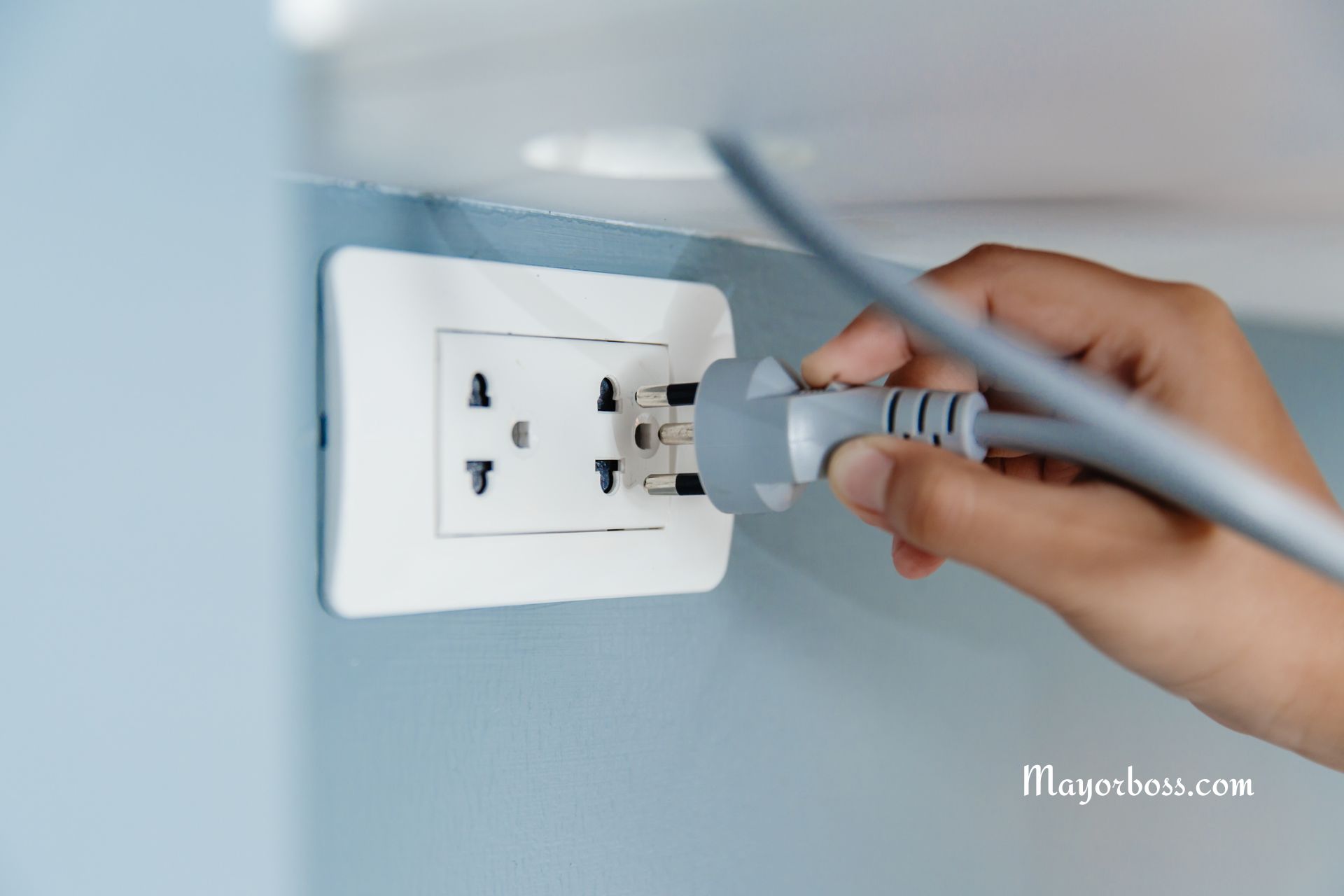You Should Stop Arguing in Front of Your Kids. Here’s Why
Have you ever found yourself in the heat of an argument with a partner or family member while your kids are in the next room or maybe even right there with you? Many of us have been there, thinking it might not really affect them. However, the truth is quite the opposite. Arguing in front of your children can have a profound impact on their emotional well-being. Let’s take a closer look at why this is the case and what you can do to shield your children from the negative effects of witnessing conflicts.

The Impact on Emotional Development
Children are like sponges, absorbing everything around them. This includes the good, the bad, and, unfortunately, the ugly. When kids witness their parents or caregivers arguing, they might not understand the context, but they can certainly feel the tension and negative emotions. This exposure can lead to feelings of anxiety, sadness, and insecurity. Essentially, children might start to wonder if they’re the cause of the conflict or worry that their family unit is threatened.
Moreover, kids often look to their parents as models for how to handle emotions and conflicts. If they frequently see arguments handled through shouting, name-calling, or stonewalling, they’re likely to mimic these behaviors in their own interactions. This can hinder their ability to develop healthy coping mechanisms and conflict-resolution skills.
The Effect on Physical Health
Believe it or not, the stress of witnessing arguments can also take a toll on a child’s physical health. Stress triggers the body’s “fight or flight” response, releasing hormones like cortisol and adrenaline. While these hormones are useful in truly dangerous situations, constant exposure to them can lead to chronic stress, which is linked to numerous health issues, including weakened immune systems and increased risk of chronic diseases later in life.
Creating a Secure Environment
Now, you might be wondering, “How can I shield my kids from these negative effects?” First and foremost, it’s crucial to create an environment where emotions can be expressed healthily and constructively. Here are a few strategies:
Practice Healthy Communication
Instead of letting disagreements escalate in front of your children, take a moment to pause and cool down. Discuss your issues away from the kids when you’re both calm and can speak respectfully to each other. This approach not only protects your children from unnecessary stress but also teaches them that conflicts can be handled constructively.
Reassure Your Children
After an argument, it’s important to reassure your children that they are loved and that family disagreements are normal but don’t threaten their safety or the family’s unity. This reassurance helps mitigate any fear or insecurity they may feel.
Model Positive Behavior
Show your children how to express emotions and resolve conflicts in a positive way. This includes using “I” statements to communicate how you feel, listening actively, and working together to find solutions. By modeling these behaviors, you’re teaching your children valuable life skills.
Seek Support If Needed
Sometimes, conflicts can be overwhelming and hard to manage on your own. In these cases, seeking support from a counselor or therapist can be incredibly beneficial for the whole family. Professional guidance can help you develop strategies to manage conflicts more healthily and improve your family dynamics.
Frequently Asked Questions
- Is it ever okay to argue in front of kids? While it’s best to avoid heated arguments in front of children, having calm, constructive discussions can be beneficial. It shows kids that disagreements are part of life and can be resolved respectfully.
- What should I do if my child gets upset after witnessing an argument? Talk to them. Explain that adults sometimes disagree but it doesn’t mean they don’t love each other or the family is in trouble. Make sure they feel heard and reassured about their concerns.
- Can arguing in front of kids ever have a positive side? If handled properly, witnessing a resolution to a disagreement can teach children about compromise, empathy, and problem-solving. However, this requires the argument to be resolved in a healthy and constructive manner, emphasizing positive communication and mutual respect.
In conclusion, while disagreements are a natural part of any relationship, managing them away from your children can spare them unnecessary stress and teach them valuable lessons about handling conflicts. By fostering a home environment that prioritizes healthy communication, reassurance, and positive modeling, you’re setting the foundation for your children’s emotional and physical well-being.






